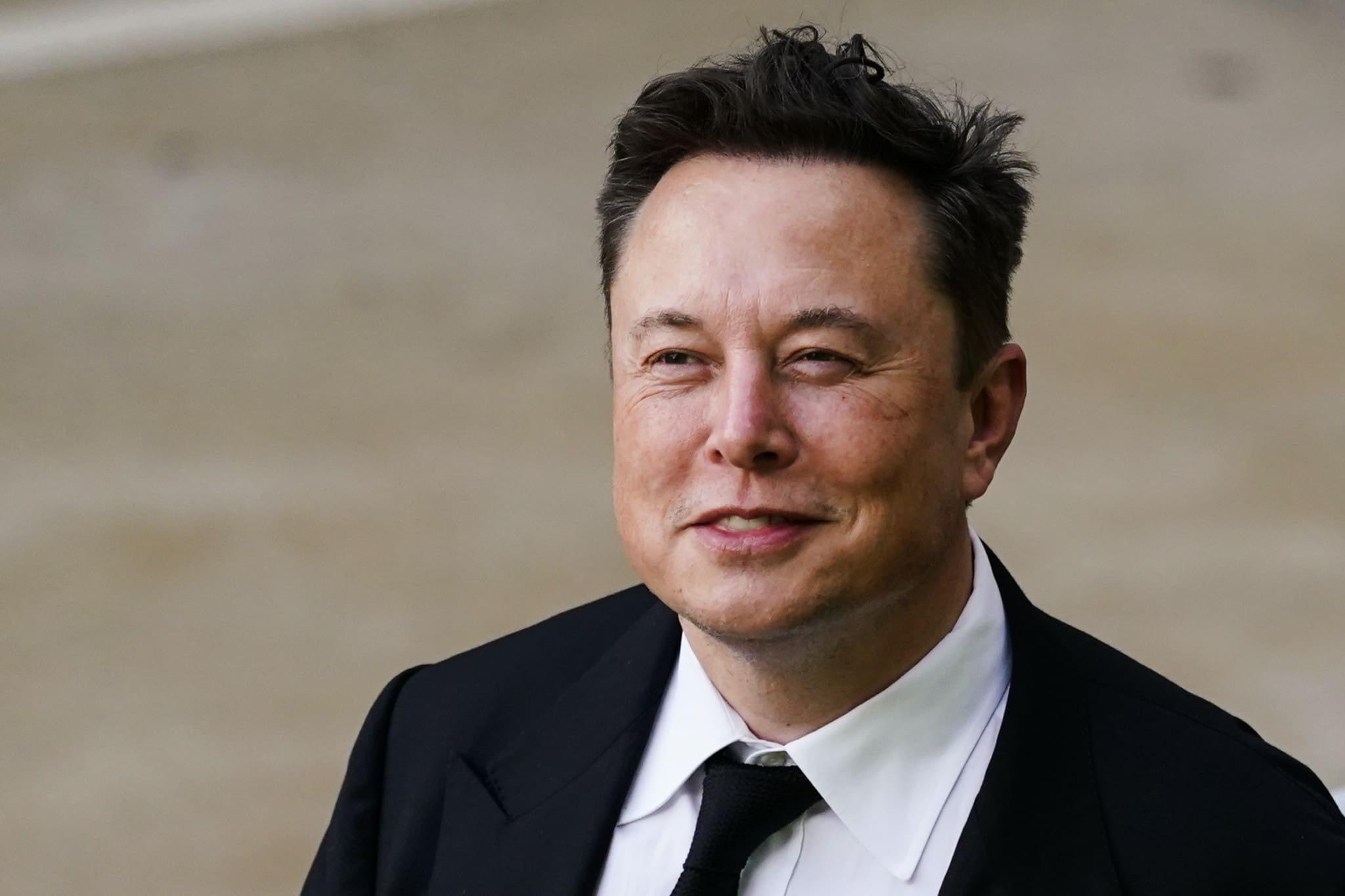The richest man in the world, Elon Musk, has recently used his heightened media profile to publicize a growing trend in declining birth rates across the Western world and other advanced economies.
The serial entrepreneur has lamented the societal trend in the past, saying “civilization will crumble if we don’t have more kids,” but is raising concerns once again, this time pointing out the dramatic net drop in population seen in Japan. He also addressed the decline in birth rates across Europe, namely the Italian city of Venice, which now has a quarter of its population over the age of 64 and is witnessing death rates outpace birth rates considerably.
He warned that Japan, the third-largest economy in the world, will “cease to exist” if the declining birth-rate trend continues.
Musk’s concerns about population decline in both Japan and across Europe are based on startling data, with the former facing severe long-term demographic challenges — almost a third of its population is over the age of 60 and within the next four years more than 30 percent of Japanese residents are expected to be above retirement age.
Regarding Venice, its own council estimates that the city will be almost empty by around 2046 if the rate of decline in birth rates increases.
[pp id=6704]
Many Western countries, such as Germany and France, have implemented liberal immigration policies to mitigate the ongoing issue of an aging population, effectively sanctioning a policy of cultural and demographic replacement by pushing for a younger, more diverse population from developing countries across North Africa and the Middle East.
Japan, however, renowned for possessing one of the strictest immigration policies in the world, has so far resisted adopting a similar approach, instead attempting to redress the imbalance by promoting pro-family government policy and relying on automation and innovation to address worker shortages.
Musk is not alone in raising this demographic concern. In January, Pope Francis commented on the trend during an address in which he reiterated the importance of parenthood and childbearing, and lamented the “form of selfishness” being witnessed in today’s society by those who choose not to procreate.
“Having a child is always a risk, but there are more risks in not having a child, in rejecting a parenthood,” he said, and accused “egoists” who reject parenthood of making human civilization poorer.
“A society that does not welcome life stops living,” Pope Francis previously warned in an address back in May 2021.
[pp id=25521]
One country across Europe stands alone in experiencing a dramatic rise in the birth rate of its indigenous people under the policies of its current administration: Viktor Orbán’s Hungary.
Even if Musk, the pope and Orbán may have different ideas of how the world should look, the startling drop in family formation seen across advanced economies is of shared concern.
The Hungarian government has refrained from copying the open-door immigration policies of many liberal governments across Europe and instead invested in pro-family legislation to counterbalance its own concerning decline in birth rates experienced around a decade ago.
Through initiatives such as the Family Protection Action Plan, which includes income tax exemptions for mothers of multiple children, and attractive loan rates for large families looking to upscale on the property ladder, the Hungarian birth rate has become the fastest in the European Union with the desire to have children increasing by 26 percent between 2010 and 2018, the number of marriages reaching a 40-year high, and the number of divorces at a six-year low.
[pp id= 7381]
The Hungarian government now spends two and a half times more on family support than in 2010 — almost 5 percent of its GDP is attributed to pro-family policies.
“In 2010, we started to build a family-friendly country… Our main goal is to eliminate the burdens that couples face when they would like to have children,” the country’s then-state secretary for family and now first female president, Katalin Novák, has said previously on the issue.
Musk, a wily investor who has often been regarded as being ahead of the curve, is not alone in his attempt to draw light on the unfolding demographic crisis, however without further considerably radical action to address the situation, Europe’s largest economies could soon find themselves with a retired workforce drawing on its pensions, and an insufficient labor force to sustain further economic growth.





